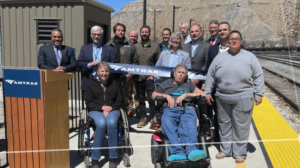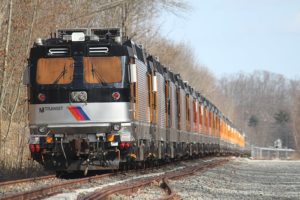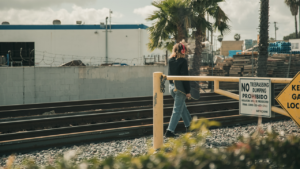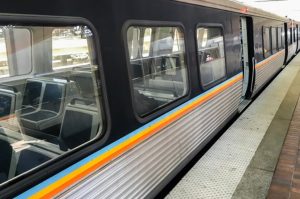Metro-North begins embankment stabilization on Hudson Line
Written by Jenifer Nunez, assistant editor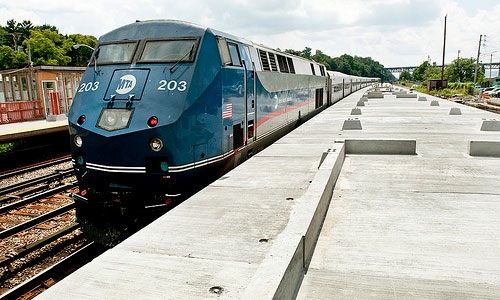
As part of the New York Metropolitan Transportation Authority's Capital Program, an $8.6-million effort is underway to stabilize a portion of Metro-North Railroad's Hudson Line where tracks sit on a thin ledge near the river.
This section of track just north of Peekskill is prone to rock slides and washouts and the tracks are monitored by a pair of thin wires that measure geologic shifts. When the rock under the tracks falls away into the river, little by little, as it occasionally does, an alarm sounds and track gangs are quickly dispatched to shore up the rails.
The work was planned long before Super Storm Sandy, which caused erosion to the track bed and damage to the tracks and signal systems. The project design by Geo Design was completed last year.
“This is Metro-North’s first major bank stabilization project along the Hudson River and has been in the planning stages for several years,” said Metro-North President Howard Permut. “You might think that it is a result of Superstorm Sandy, which flooded 30 miles of track, but it’s not. However, the type of work we are doing here is similar to several projects soon to be undertaken elsewhere along the right-of-way. This kind of reinforcement is critical to protect the tracks from future storm-related erosion.”
Metro-North is drilling a row of four-foot diameter, 45-foot-deep shafts into the ground just above the high tide line. Then in the center of each, a smaller drill will anchor an even deeper core beam in bedrock. Then, each ring will be filled with concrete. The row of rings will be linked together with concrete panels for a total length of 114 feet.
Due to challenging terrain, all the work is being done from barges in the river and all tailings from the huge drills are being removed by barge. To minimize impact on train operations, the work is taking place on weekdays in the off-peak hours when the track closest to the river is taken out of service.
A $6-million contract was awarded to Kiewit Infrastructure Co. for the project, which is expected to be completed in the fall.

